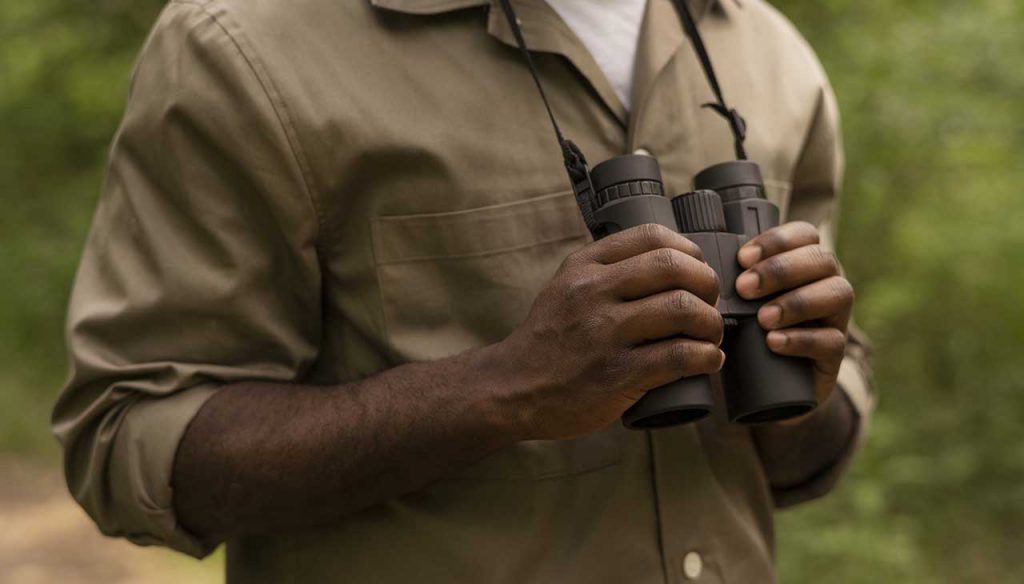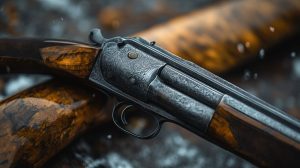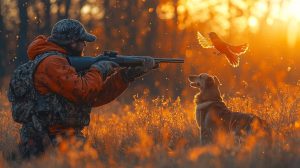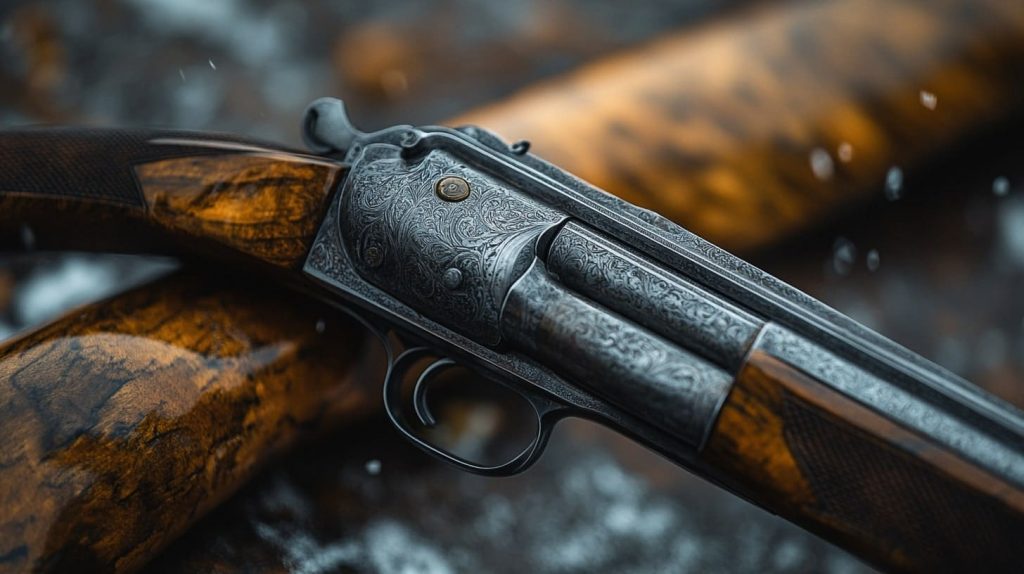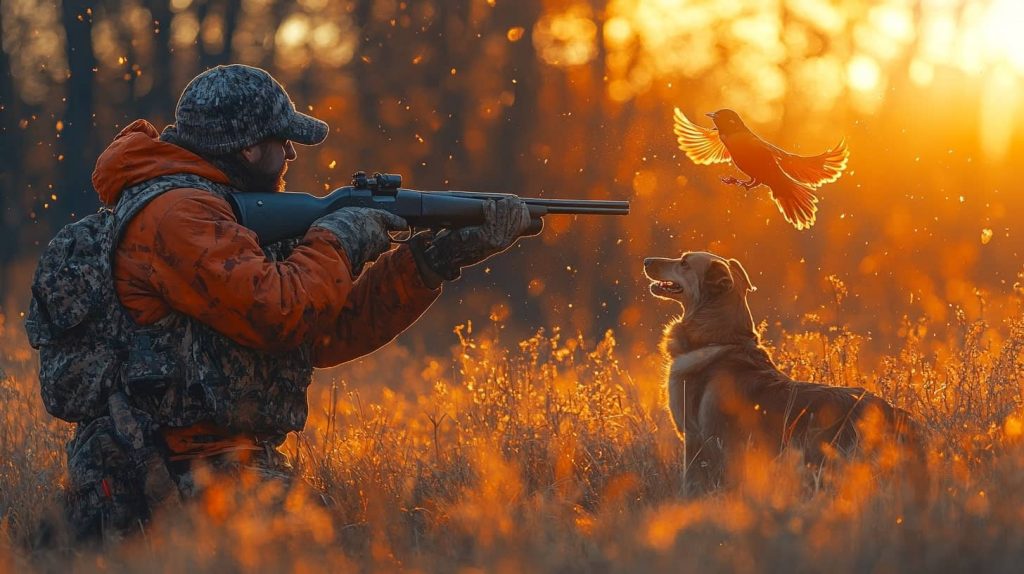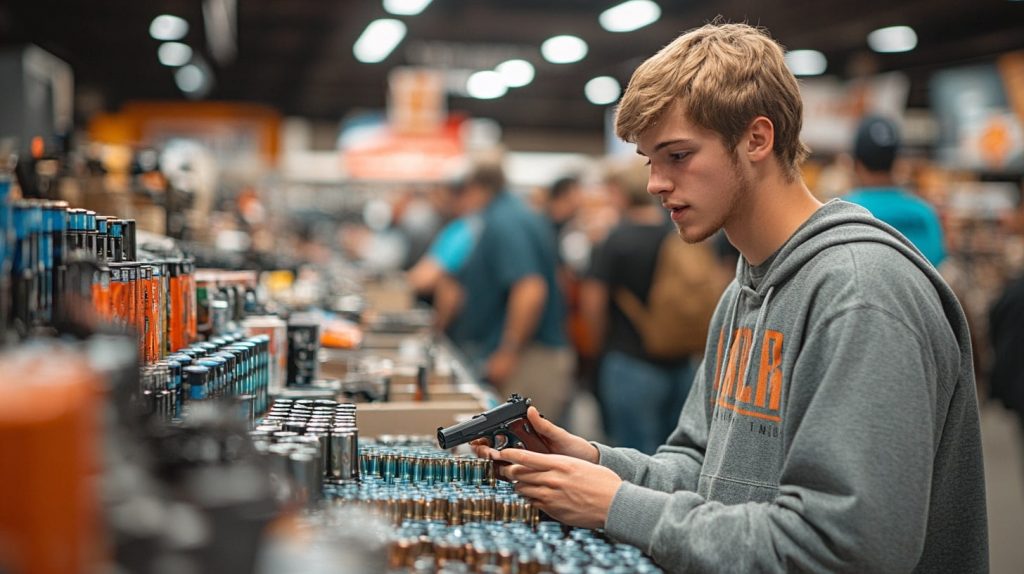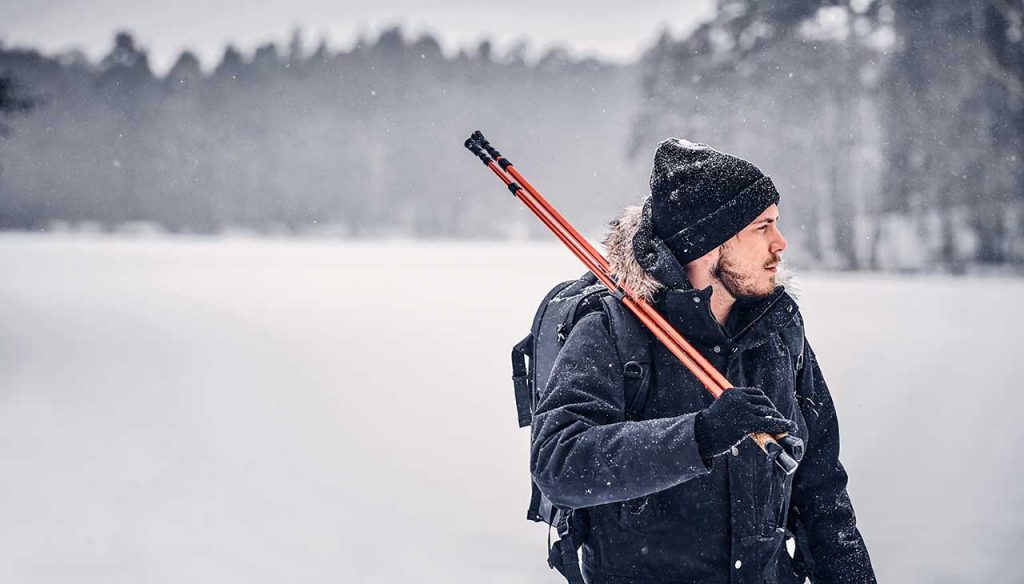Introduction
Stepping into the wilderness with the right equipment can make or break a hunting trip. Whether you’re a seasoned hunter or a newcomer to the sport, being well-prepared ensures not only a successful hunt but also your safety and comfort. In this guide, we’ll walk you through all the essential gear you need to pack to make your next hunting adventure both enjoyable and fruitful.
From choosing the right firearms and ammunition to the latest innovations in hunting technology, we’ve got you covered. Let’s get started on making sure your gear is top-notch for your next trip into the wild.
Essential Gear for Hunting Trips
Firearms and Ammunition
The backbone of any hunting expedition is your firearm and ammunition. Selecting the right type not only increases your chances of success but also ensures you’re compliant with local regulations.
Firstly, choose a firearm that suits your hunting style and the type of game. For larger animals like deer or elk, a rifle like the .30-06 Springfield is commonly recommended. If you’re after smaller game, a .22 caliber rifle or a shotgun might be more appropriate.
Next, ensure you have the correct ammunition. Different calibers and types of bullets are designed for different purposes, so always match your ammo to your firearm and what you’re hunting. For example, soft-point bullets are preferred for big game because they expand upon impact, ensuring a quicker and more humane kill.
Lastly, always carry more ammo than you think you’ll need. Weather conditions and unexpected opportunities can quickly deplete your supply. It’s better to have too much than not enough.
Safety Equipment
Safety should always be a top priority when hunting. Essential safety gear includes a high-visibility vest, hearing protection, and eye protection.
A high-visibility vest or jacket is crucial, especially during rifle season when multiple hunters may be in the same area. This prevents accidents by making sure you are easily noticeable to others.
Hearing protection is a must to prevent long-term damage from the loud noise of gunfire. Earplugs or earmuffs specifically designed for shooting can protect your hearing without impairing your ability to communicate or hear ambient sounds in your environment.
Eye protection is equally important. Quality shooting glasses can protect your eyes from debris, gunpowder, or any accidental discharge of materials. Choose a pair that offers ballistic protection for the best results.
Clothing and Footwear
Proper clothing and footwear are vital for comfort and effectiveness in the field. Layers are key, as they allow you to adjust to changing weather conditions.
Start with a moisture-wicking base layer to keep sweat away from your body. Add insulating layers for warmth, and top it off with a waterproof and windproof outer layer to protect against the elements.
Footwear should be sturdy, waterproof, and comfortable. Hunting often involves traversing rough, uneven terrain, so invest in high-quality boots that offer good ankle support and have a strong tread for grip.
Backpacks and Storage
A reliable backpack is essential for carrying all your gear. Look for one with multiple compartments to organize your equipment and ensure it’s easily accessible.
Choose a backpack that fits well and is comfortable to wear for long periods. It should be durable and waterproof, with padded straps and back support. Some backpacks also offer hydration systems, which can be very convenient for staying hydrated without needing to stop and rummage for a water bottle.
Additionally, consider using a game bag or cooler if you’re planning to bring home meat. These should be insulated to keep your game fresh until you can properly process it.
Navigation Tools
Even seasoned hunters can get disoriented in unfamiliar terrain. Always pack reliable navigation tools like a GPS device, a map, and a compass.
A handheld GPS device can provide pinpoint accuracy and store waypoints to help you find your way back to camp or locate specific hunting spots. However, technology can fail, so always have a backup map and compass. Learn how to use them before heading out; they are indispensable skills for any hunter.
Survival Gear
In case of emergencies, having the right survival gear can make a huge difference. Pack a first aid kit, a multi-tool, fire-starting materials, and a space blanket.
A comprehensive first aid kit should include bandages, antiseptics, pain relievers, and any personal medications. A multi-tool can be used for a variety of tasks, from gear repairs to meal preparation.
Fire-starting materials like waterproof matches or a fire starter kit are essential for warmth and cooking. A space blanket is lightweight and can help retain body heat in emergency situations.
Optics
Good optics can drastically improve your hunting experience. Binoculars, rangefinders, and scopes allow you to spot and assess game from a distance.
Binoculars should be lightweight yet durable, with good magnification and light-gathering capabilities. A rangefinder helps determine the distance to your target, which is crucial for accurate shooting.
Scopes, mounted on your firearm, enhance your aiming precision. Look for scopes with adjustable magnification and clear optics to ensure you can make the best shot possible.
Calls and Attractants
Using calls and attractants can increase your chances of drawing game closer. These tools mimic the sounds and scents of animals to lure them into range.
There are different calls for various types of game, such as deer grunt calls, turkey gobble calls, or duck calls. Learn how to use these effectively to improve your success rate.
Attractants, such as scent lures or bait, can also be very effective. Ensure that their use is compliant with local regulations, as some areas have restrictions on baiting.
Hunting Knives and Tools
A good hunting knife is an essential tool for field dressing your game. Choose a knife with a strong, sharp blade and a comfortable grip.
In addition to a primary hunting knife, consider carrying a skinning knife, a bone saw, and a multi-tool. These can help with various tasks, from processing your game to making impromptu repairs to your gear.
Keep your knives sharp for the best performance. A dull knife is not only inefficient but also dangerous, as it requires more force and can slip more easily.
Food and Water
Stay energized and hydrated during your trip by packing enough food and water. High-energy snacks, such as trail mix, jerky, and protein bars, are convenient and nutritious.
Bring enough water to last the entire trip, and consider using hydration packs or water bottles that fit easily into your backpack. Portable water filters or purification tablets can be lifesavers if you need to refill from natural water sources.
Technology and Innovations
Modern technology has brought many innovations to hunting gear. From advanced optics to smart clothing, these tools can enhance your hunting experience.
For example, thermal imaging cameras and night vision goggles allow for hunting in low light conditions. Smart clothing with built-in heating elements can keep you warm in extreme cold.
Stay updated with the latest advancements to continually improve your gear and techniques. Investing in new technology can provide a significant edge in the field.
Safety Reminders and Best Practices
Safety should always come first. Follow these best practices to ensure a safe and successful hunt:
- Always assume your firearm is loaded and handle it with care.
- Keep your finger off the trigger until you are ready to shoot.
- Be aware of your surroundings and ensure you have a clear line of sight before taking a shot.
In addition, always inform someone of your hunting plans, including your location and expected return time. Carry a fully charged cell phone and a portable charger in case of emergencies.
Conclusion
A successful hunting trip starts with thorough preparation and the right gear. From firearms and ammunition to safety equipment and the latest technology, each piece of gear plays a vital role in ensuring a safe and enjoyable experience.
Remember, the key to a great hunt is not just in the equipment you carry but also in the knowledge and skills you bring. Stay informed, stay prepared, and most importantly, stay safe.
Ready to gear up for your next hunting adventure? Share your own tips and join our community of enthusiastic hunters on social media. Happy hunting!

